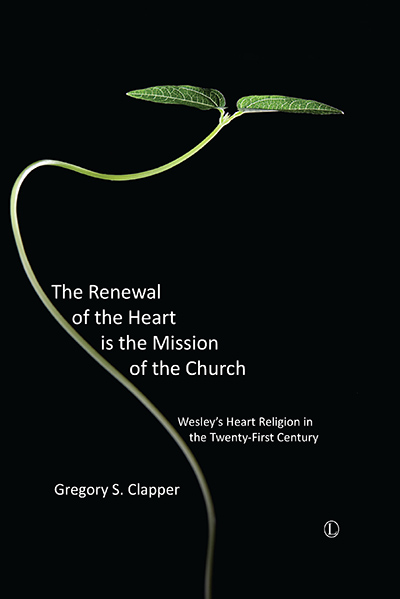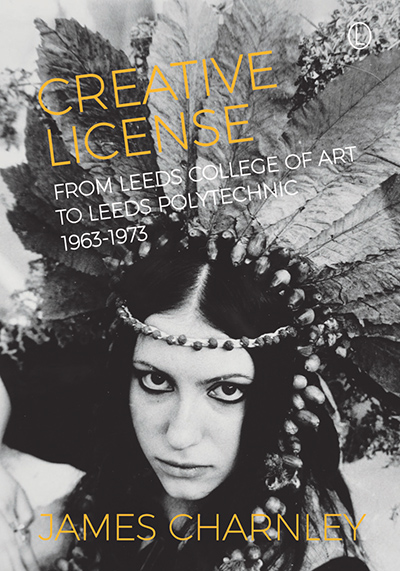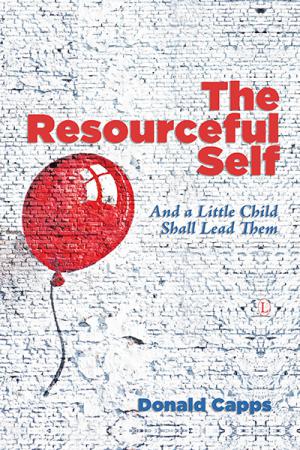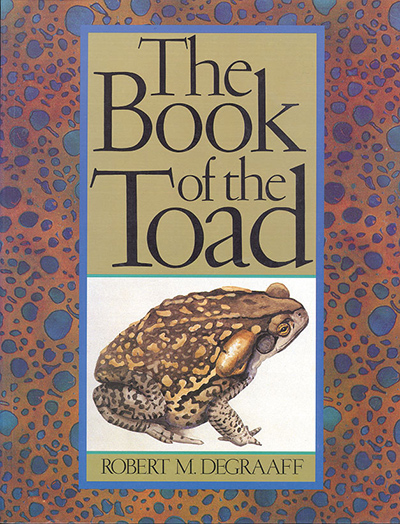Description
John Wesley has arguably influenced more American Christians than any other Protestant interpreter. One reason for this wide influence is that Wesley often spoke about the “heart” and its “affections” – that realm of life where all humans experience their deepest satisfactions, as well as some of their deepest conundrums. However, one of the problems of interpreting and appropriating Wesley is that we have been blinded to Wesley’s actual views about “heart religion” by contemporary stereotypes about “affections” or “emotions”. Because of this, it is rare that either Wesley’s friends or his critics appreciate his sophisticated understanding of affective reality.
To make clear what Wesley meant when he emphasized the renewal of the heart, Gregory S. Clapper summarizes some recent paradigm-changing accounts of the nature of “emotion” produced by contemporary philosophers and theologians, and then applies them to Wesley’s conception of the heart and its affections. These accounts of emotion throw new light on Wesley’s vision of Christianity as a renewal of the heart and make it possible to reclaim the language of the heart, not as a pandering or manipulative rhetoric, but as the framework for a comprehensive theological vision of Christian life and thought. The book closes with several practical applications that make clear the power of Wesley’s vision to transform lives today.
About the Author
Gregory S. Clapper is Professor of Religion and Philosophy at the University of Indianapolis and is Affiliate Professor of United Methodist Studies at Christian Theological Seminary. He has authored many articles and four books, including As If the Heart Mattered: A Wesleyan Spirituality.
Contents
Acknowledgments
Part I: “Heart Religion” in Wesley’s Own Voice
1. Not “What Is Christianity?” but “Who Is a Christian?”
2. Wesley and Scripture on the Heart and its Renewal
Part II: Wesley’s “Heart Religion” Meets Twenty-First-Century Emotion Theory
3. Overcoming the Obstacles to Hearing Wesley’s Voice Today
4. Why Depth of Emotion Is not the Same as Intensity of Feeling
5. Wesley’s Orthokardia: The Genesis and Telos of the Affections
Part III: The Joyful Work of Heart Renewal Today
6. Teaching for the Renewal of the Heart
7. Renewing the Heart through Preaching, Counseling, and Evangelism
Bibliography
Index
Endorsements and Reviews
For years Gregory Clapper has given himself mind, heart, and soul to understanding and unpacking Wesley’s vision of heart religion. We have here the fruit of that work in all its beauty and density. In addition he rounds it off with a fine exploration of the significance of Wesley’s heart religion for preaching, counseling, and evangelism. This is a fine achievement that deserves to be read throughout the length and breadth of the Church.
William J. Abraham, Perkins School of Theology, Southern Methodist University
After years of careful study Gregory Clapper has produced a very readable and engaging account of the human heart in terms of the religious affections. Not only does he maintain that the heart is the locus of God’s action, clearing up some contemporary misunderstandings, but he also demonstrates quite convincingly that the religious affections for Wesley constituted the very substance of true religion, the nature of real Christianity itself.
Kenneth J. Collins, Asbury Theological Seminary
Among Wesleyan Christians recently there is talk about not being doctrinal, expressing especially a fear of confessionalism. This misconstrual of the tradition represents the equation of confessional truth with creedal litmus tests. Clapper knows better! His important work reflects the Wesleyan teaching that what we believe with our head and with our heart go together. Faith is both a matter of mental affirmation of historic Christian truth as well as a deep abiding trust in that truth as salvific reality. To those who might assert that the mission of God’s Church can go forward with an Evangel that separates this conjunctive theology, Clapper says loud and clear, ‘I show you a more excellent way.’
W. Stephen Gunter, Duke Divinity School
By bringing together Wesley’s concern for the renewal of the heart and recent emotion theory, Clapper offers a bold vision for the church. He gives an account of how thinking, feeling, and acting belong together in who we are before God, then he calls the church to consider its role in shaping believers in all these dimensions. This book is a valuable resource for all who take John Wesley as a guide for their ministry.
Sarah Heaner Lancaster, Methodist Theological School in Ohio
At last – a thoughtful and accessible account of Wesley’s theology that addresses the central challenge of the church in our day as in his: the reordering of our loves. Clapper provides a much-needed voice of challenge to those who would dismiss the affectional ground of Christian faith or take it captive for non-Gospel purposes. In the end, the reader will find help and encouragement to be a Christian in all of living.
Douglas S. Hardy, Nazarene Theological Seminary
Just as one imagines that every aspect of his ministry must have been investigated to exhaustion point, another work, such as this one, appears with a new slant, which may be summerised as an in-depth analysis of Wesley’s vocabulary of the heart.
Peter Murcott, in The British Church Newspaper, July 2012
Drawing together and developing material which appeared elsewhere, this stimulating book affirms the value of John Wesley’s ‘heart religion’ and thus of the tradition to which he gave rise, while examining carefully what Wesley did and did not mean by ‘heart’. Clapper wants us not to misunderstand Wesley’s own ‘affective’ emphasis in appropriating constructively his insights for today. … Clapper can be applauded for having asked, in a helpful, practical way, telling contemporary questions of a past theological giant, whether or not he is right about Wesley, or whether Wesley was himself right.
Clive Marsh, in Reviews in Religion & Theology, Vol 20, Issue 2






